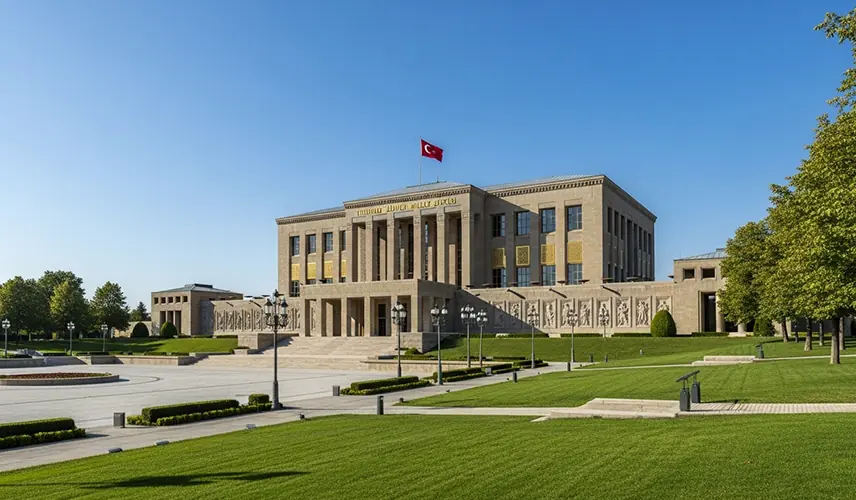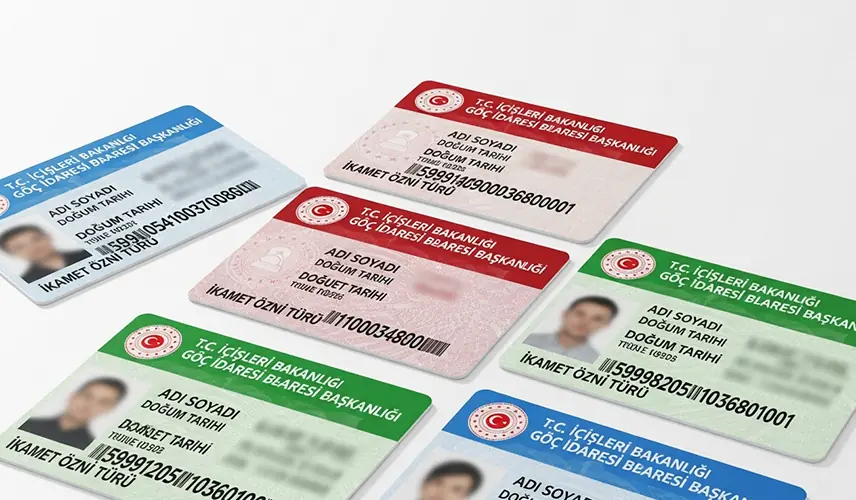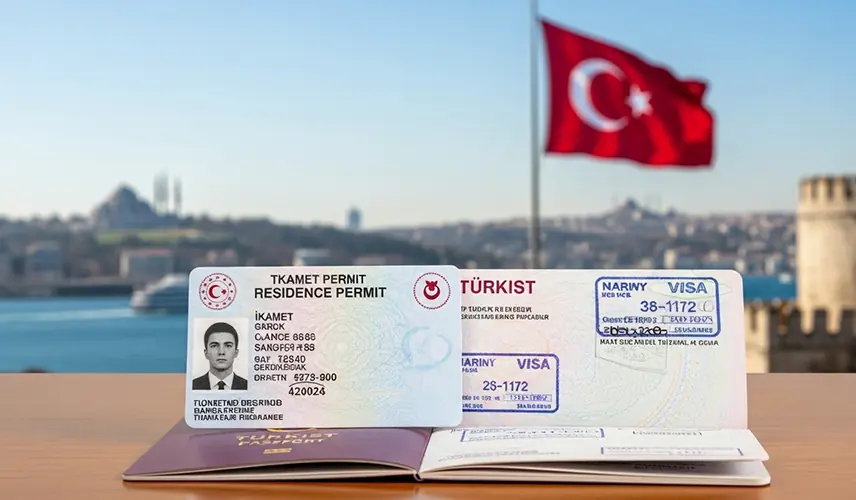Law No. 6458, known as the Foreigners and International Protection Law, was enacted in 2013 as a comprehensive legal framework for managing immigration and residency in Turkey. The main objectives of this law include regulating the principles and procedures related to the entry, residence, and exit of foreign nationals, as well as offering international protection to refugees and asylum seekers. The law aims to balance human rights with public security, establishing legal mechanisms to define the rights and responsibilities of foreign nationals. Its impact on immigration and residency policies in Turkey has been substantial, playing a crucial role in the country’s immigration strategy.
Historical Background of Law No. 6458

Law No. 6458, also known as the Foreigners and International Protection Law, was passed by the Grand National Assembly of Turkey on April 4, 2013, and came into force on April 11, 2013. This law was introduced to create a comprehensive legal framework to manage immigration and the residence of foreign nationals in Turkey.
Before the enactment of this law, Turkey faced numerous challenges in managing migration and providing support to refugees. The increasing numbers of immigrants and asylum seekers, driven by regional and international crises, made the need for a cohesive and efficient legal system more urgent.
Reasons for the Enactment of Law No. 6458
- Protection of Human Rights: A primary objective of this law is to ensure human rights and provide necessary support to refugees and asylum seekers.
- National Security and Public Order: Law No. 6458 seeks to strike a balance between safeguarding national interests and ensuring the rights of foreign nationals.
- Migration Management: The law regulates principles and procedures related to the entry, residence, and exit of foreign nationals, outlining the duties and powers of the Directorate General of Migration Management under the Ministry of the Interior.
Legal Structure and Key Provisions of Law No. 6458

Law No. 6458 includes several main sections, summarized as follows:
- Entry and Exit of Foreign Nationals: This section includes regulations concerning the entry, residence, and exit of foreign nationals from Turkey.
- Residence Permits: Different types of residence permits for purposes such as education, employment, and long-term residence are explained in this section.
- International Protection: This section addresses the provision of international protection to refugees and asylum seekers, defining the conditions and procedures for requesting and receiving such protections.
- Entry Ban: Reasons and conditions leading to the imposition of entry bans on foreign nationals are specified in this section.
Key Provisions of Law No. 6458 include:
- Short-Term Residence Permit: This permit is issued for foreign nationals who are visiting Turkey for tourism, education, or business meetings, and is valid for one year.
- Long-Term Residence Permit: Foreign nationals who have resided continuously in Turkey for eight years may apply for an indefinite residence permit.
- International Protection: The law outlines the procedures for asylum seekers and refugees to apply for and receive international protection.
- Entry Ban: Foreign nationals who pose a threat to Turkey’s national security, public order, or public health may be banned from entering the country.
Law No. 6458 and the Asylum System in Turkey

Law No. 6458 plays a critical role in managing asylum applications and residency in Turkey. The law’s asylum system includes several key components:
- Registration and Asylum Applications: Asylum seekers must submit their applications to Turkish authorities and register within the system. This process involves interviews and evaluations to determine their asylum status.
- International Protection: The law specifies the procedures for granting international protection to asylum seekers, which includes providing housing, healthcare, education, and social services.
- Residence Permits: Asylum seekers and refugees can receive temporary or long-term residence permits that allow them to legally reside in Turkey.
The role of Law No. 6458 in managing asylum applications and residency includes the following:
- Guaranteeing Human Rights: One of the main goals of the law is to ensure human rights and provide necessary support to refugees and asylum seekers. The law seeks to balance protecting national interests while ensuring the rights of foreign nationals.
- Transparency and Efficiency: Law No. 6458 has introduced a transparent and efficient system for managing asylum and residency applications, contributing to improved migration processes.
- Social and Economic Support: The law allows refugees and asylum seekers to access social and economic services, including education, healthcare, and employment.
Impact of Law No. 6458 on Foreign Nationals and Migrants

Law No. 6458, enacted in 2013, has had significant impacts on foreign nationals and migrants. The law outlines principles and procedures related to the entry, residence, and exit of foreign nationals in Turkey. Its effects can be categorized into three main areas: economic, social, and legal.
Economic Impact: Law No. 6458 has economic implications, such as the requirement for foreign nationals to obtain residence permits for stays longer than 90 days, which incurs additional costs. The law also facilitates the recruitment of foreign workers, contributing to Turkey’s economic growth.
Social Impact: The law strives to maintain a balance between human rights and public order. It allows migrants to live in Turkey and benefit from social services, but it also imposes restrictions to prevent security and health threats, helping reduce social tensions and increase social cohesion.
Legal Impact: The law clearly defines the rights and responsibilities of migrants. It includes provisions that allow migrants to seek legal recourse in Turkish courts if their rights are violated. Additionally, the law outlines the conditions for deportation and allows migrants to challenge deportation orders through administrative courts.
Challenges and Proposed Reforms to Law No. 6458
Despite its numerous benefits, Law No. 6458 faces challenges, such as the complexity and length of procedures, lack of resources and facilities, and certain legal limitations. To improve this law, it is recommended that procedures be simplified, resources and facilities be expanded, and regulations be revised to align with international human rights standards. These reforms would enhance the legal situation of migrants and asylum seekers and improve the services provided to them.
Conclusion
Law No. 6458 plays an essential role in managing the migration and residency of foreign nationals in Turkey. Designed to regulate the principles and procedures related to the entry, residence, and exit of foreign nationals and offer international protection to refugees and asylum seekers, the law has made significant contributions to improving migration management, increasing transparency, and providing clear definitions of rights and responsibilities. While challenges such as procedural complexity and resource limitations remain, proposed reforms, including simplifying processes, expanding resources, and revising regulations, would lead to further improvements in the law and better services for migrants and asylum seekers.
If you need more information, please contact Ista Property Group.

 USD
USD
 TRY
TRY
 EUR
EUR
 IRR
IRR
 RUB
RUB

Comments